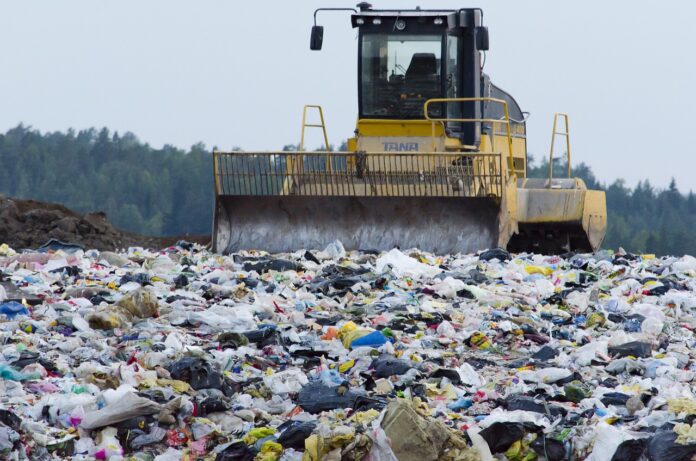Source: MakeLemonade.nz
Tāmaki Makaurau – New Zealand produces 15.5 million tonnes of waste each year. That is 3200kg for every Kiwi. Only 28 percent of the waste in recycled.
Projections show the annual amount of waste disposed to landfills will almost double within 10 years, in Auckland alone.
This is a staggering increase from 1.6 million tonnes of waste to 3.2 million tonnes of waste that Aucklanders currently throw away, Recycle says.
A faster pace of living has led people to seek convenience in all aspects of life. The food, clothes, tech products and just about everything people we consume comes with unsustainable packaging.
Plastic, glass, paper and aluminium packaging has met the demands but has come at a cost to the environment and to future generations.
Europe is leading the way in avoiding waste to landfills and New Zealand could learn a great deal from their initiatives. For recycling Denmark is No. 1 in the world, reusing 67 percent of its rubbish.
The Ministry for the Environment says Aotearoa has significant problems. Recycling is a critical to helping reduce truckloads of waste going to landfills.
About 352 thousand tonnes go to landfills each year. The Packaging Council of NZ says Kiwis consume about 735 thousand tonnes of packaging every year and recycle only about 58 percent of it.
Around 252,000 tonnes of plastic waste are dumped off to NZ landfills annually. Developed or high-income countries have an ecological footprint five times that of developing nations.
Globally, the world generates trillions of pounds in solid waste each year and landfills are no solution as they leak greenhouse gas emissions contributing to climate change.
Some tech companies are looking at AI and machine vision-based autonomous recyclables-sorting technology to reduce the waste.
The global recycling industry has been in economic crisis over the last few years as China and other international importers of recyclables enacted stricter requirements on the purity of recycled materials.
The covid pandemic has exacerbated the recycling crisis, forcing many businesses to suspend operations due to concerns for worker safety.
At the same time, the pandemic has increased demand for high-quality recycled feedstock to overcome supply chain interruptions and shifts in raw material availability.
Humans generate more than two billion tonnes of rubbish a year, according to the World Bank. Though they only account for 16 percent of the world’s population, high-income countries generate about 34 percent, or 683 million tonnes, of the world’s waste.



